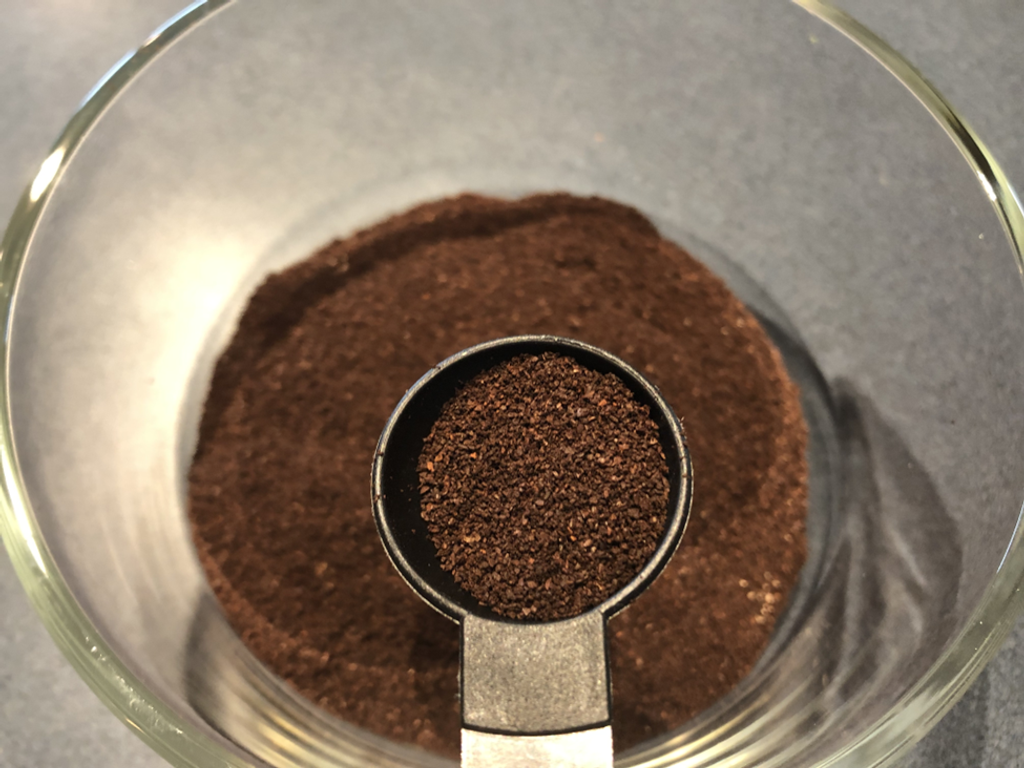In a harrowing incident that underscores the dangers of potent supplements, a 29-year-old personal trainer from the U.K., Tom Mansfield, tragically lost his life to a caffeine overdose. This sobering event, which occurred on January 5, 2021, highlights the critical need for awareness and caution among fitness enthusiasts and medical professionals regarding using concentrated caffeine powders.
The Overdose Incident
Tom Mansfield, a dedicated personal trainer, had ordered a 100-gram (3.5 oz) bag of caffeine powder to enhance his supplement regimen. Caffeine, widely recognized for its performance-boosting effects, can be beneficial when used correctly. However, Mansfield’s tragic mistake came when he miscalculated the dosage. Instead of consuming the recommended 60 to 300 milligrams (0.002 to 0.01 oz), he inadvertently ingested several grams of caffeine powder, equivalent to 200 cups of coffee.
Miscalculation and Immediate Consequences
The error stemmed from Mansfield’s scale, which had a starting weight of 2 grams (0.07 oz), far exceeding the recommended caffeine dosage. This miscalculation proved fatal. Immediately after consuming the drink, Mansfield experienced severe symptoms. Clutching his chest, he complained of a rapid heartbeat and soon began foaming at the mouth. His wife promptly called an ambulance, but despite swift medical intervention, Mansfield succumbed to cardiac arrest and was pronounced dead later that day.
Postmortem Findings

The postmortem examination revealed that Mansfield had an alarming caffeine concentration of 392 mg per liter of blood. To put this into perspective, the typical caffeine level after consuming a cup of coffee ranges between 2 to 4 mg per liter. This stark difference underscores the extreme overdose Mansfield inadvertently administered to himself.
The Dangers of Caffeine Powders
This tragic event is not an isolated case. While increasingly popular among fitness circles, caffeine powders pose a significant risk due to their concentrated nature. Unlike caffeine-containing beverages like coffee, these powders can deliver a dangerously high dose if not precisely measured.
In 2015, the U.S. Food and Drug Administration (FDA) warned several companies selling caffeine powder, highlighting the “significant or unreasonable risk of illness or injury to consumers” these products pose.
The Role of Medical Professionals
As medical professionals, it is crucial to educate patients on the dangers of over-the-counter supplements, particularly those as potent as caffeine powder. This incident is a poignant reminder of the delicate balance between beneficial and harmful doses. Emphasizing the importance of accurate measurement and adherence to recommended dosages can prevent similar tragedies.
Call for Regulation and Better Labeling
Moreover, this case calls for a broader discussion on regulating and labeling dietary supplements. Clear guidelines and stringent oversight are necessary to ensure consumers are well-informed and protected from potential hazards. For instance, packaging should include explicit warnings about the dangers of overdose and the need for precise measurement tools.
Conclusion
Tom Mansfield’s untimely death is a stark reminder of the lethal potential of seemingly harmless substances when misused. As guardians of public health, doctors and medical professionals must advocate for increased awareness and regulation to prevent avoidable fatalities. Encouraging patients to seek professional guidance before incorporating potent supplements into their routines could be lifesaving.
In conclusion, Tom Mansfield’s tragic death underscores the critical need for vigilance and education regarding the use of dietary supplements. Let this incident catalyze change, prompting medical professionals and regulatory bodies to take proactive steps to safeguard public health against the hidden dangers of concentrated caffeine and similar substances.
Disclaimer Statement: This information is from a third-party health news channel. The opinions expressed here belong to the respective authors/entities and do not reflect the views of Docquity. Docquity does not assure, endorse, or vouch for any of the content and bears no responsibility for it in any way. It is essential to take all necessary steps to ensure the information and content provided are accurate, current, and verified. Docquity disclaims any express or implied warranties related to the report and its contents.
References
Man dies from caffeine overdose after drinking the equivalent of 200 cups of coffee [Internet]. Accessed on June 28, 2024. Available from: https://www.livescience.com/caffeine-overdose-200-cups-of-coffee
About Docquity
If you need more confidence and insights to boost careers in healthcare, expanding the network to other healthcare professionals to practice peer-to-peer learning might be the answer. One way to do it is by joining a social platform for healthcare professionals, such as Docquity.
Docquity is an AI-based state-of-the-art private & secure continual learning network of verified doctors, bringing you real-time knowledge from thousands of doctors worldwide. Today, Docquity has over 400,000 doctors spread across six countries in Asia. Meet experts and trusted peers across Asia where you can safely discuss clinical cases, get up-to-date insights from webinars and research journals, and earn CME/CPD credits through certified courses from Docquity Academy. All with the ease of a mobile app available on Android & iOS platforms!







